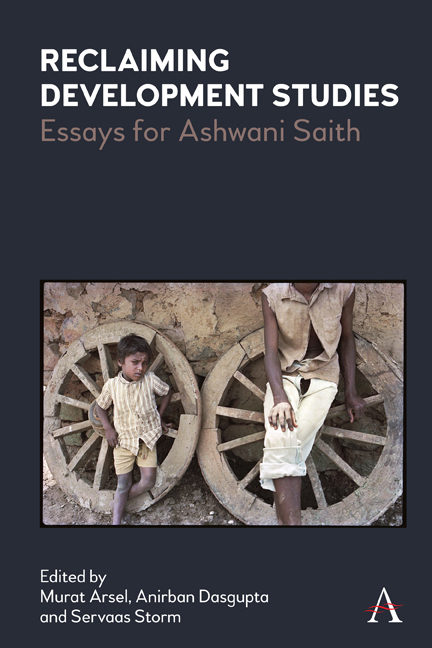Chapter Thirteen - The Myth of Global Sustainability: Environmental Limits and (De)Growth in the Time of SDGs
Published online by Cambridge University Press: 23 February 2022
Summary
Earthrise
Marking humanity's first view of its home planet from outer space, ‘so tiny in the heavens’ according to William Anders, the astronaut who shot the now commonly recognized photograph from the Apollo 8 mission of 1968, Earthrise was an important stepping stone towards contemporary environmental consciousness (Nicks 1970, 14, quoted in Cosgrove 1994). Fragile yet awe-inspiring, the image of the planet did much to counter the idea that natural resources are ever abundant. It also acted as a graphic representation that concrete boundaries might exist on how much humanity could expect to consume. During the intervening half century, environmental change has gradually become an increasingly important concern, one that is captured most effectively by the concept of sustainable development.
Nevertheless, it was somewhat surprising that when the Millennium Development Goals (MDGs) reached their sell-by date, the international development bureaucracy turned to sustainable development as its framing concept, coming up with the Sustainable Development Goals (SDGs; Chasek et al. 2016). After all, the environment was a relatively marginal concern for the MDGs, occupying only one of the eight goals (Anand 2006). Narrow and highly technical, MDG 7 was the ultimate demonstration of how the overall significance of environmental problems were misjudged as an add-on concern rather than a systemic crisis.
The elevation of sustainable development from a marginal goal to titular status seemed at first as a much-needed corrective, one that could hold the promise of overcoming the MDGs’ myriad shortcomings (Saith 2006). It not only put the environmental challenge facing humanity front and centre of global initiatives. It also did so without making the challenge of sustainability seem as one solely reserved for the world's poorer nations, as had been the case with the MDGs. In fact, throughout the 17 goals of the SDGs, the framing of many socio-economic issues as universal concerns – e.g. guaranteeing equal rights for and treatment of women not simply as an issue in the developing world but a global one – is hugely significant. As such, it is possible to argue that the deterioration of critical ecosystems epitomizes challenges that require the type of global attention promised by the SDGs.
- Type
- Chapter
- Information
- Reclaiming Development StudiesEssays for Ashwani Saith, pp. 261 - 278Publisher: Anthem PressPrint publication year: 2021



